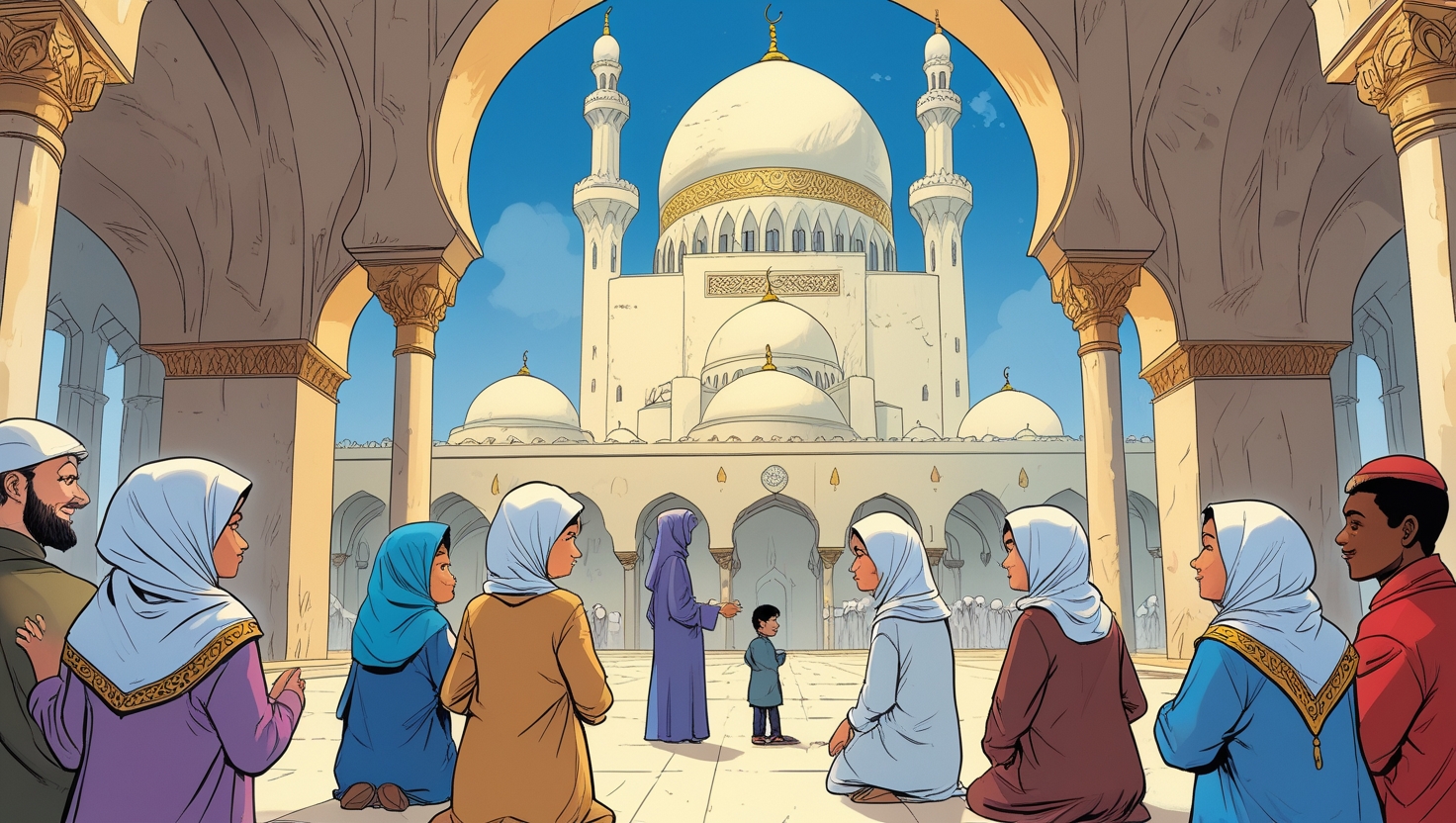Introduction
Education and Islamic Values in the Modern Era, Education has always been the cornerstone of human progress. It is the light that dispels ignorance, the tool that builds civilizations, and the bridge that connects tradition with modernity. In Islam, the pursuit of knowledge is not merely encouraged; it is a divine commandment. The very first revelation to Prophet Muhammad (peace be upon him) began with the word “Iqra”—”Read.” This profound instruction underscores the importance of knowledge in Islam, setting the foundation for a faith that values intellect, inquiry, and wisdom.
Yet, in today’s rapidly changing world, where technological advancements and secular ideologies dominate, we face a critical challenge: How do we reconcile modern education with timeless Islamic values? How do we ensure that while we embrace progress, we do not lose the moral and spiritual essence that defines us as Muslims?
The Islamic Tradition of Knowledge
Islam has a rich legacy of scholarship and learning. From the great universities of Al-Qarawiyyin in Morocco to the House of Wisdom in Baghdad, Muslim civilizations were once at the forefront of science, medicine, philosophy, and arts. Scholars like Ibn Sina, Al-Khwarizmi, and Al-Farabi made groundbreaking contributions that shaped the modern world. Their achievements were not in spite of their faith but because of it. They understood that seeking knowledge is an act of worship, a means to fulfill the Quranic command:
“Are those who know equal to those who do not know?” (Quran 39:9)
This tradition teaches us that Islam does not reject progress; rather, it encourages Muslims to excel in all fields—be it science, technology, medicine, or the humanities—while remaining anchored in faith.
The Challenge of Modern Education
Today, education systems worldwide often prioritize material success over moral integrity. Students are trained to compete for grades, jobs, and wealth, but little emphasis is placed on character, ethics, or spiritual growth. In such an environment, young Muslims may find themselves torn between two worlds: the demands of modern education and the teachings of their faith.
This disconnect has led to concerning trends—youth who are academically brilliant but spiritually disconnected, professionals who excel in their careers but neglect their moral responsibilities, and societies that advance technologically but decline ethically. The rise in corruption, injustice, and social decay in many parts of the world is a stark reminder that knowledge without values is a dangerous tool.
Integrating Islamic Values into Modern Education
The solution lies not in rejecting modern education but in Islamizing it—infusing it with Islamic ethics and principles. This does not mean replacing science with scripture; rather, it means approaching all knowledge with the lens of Tawhid (the Oneness of Allah), recognizing that all truth, whether scientific or spiritual, ultimately leads back to the Creator.
- Moral and Intellectual Balance
Islam teaches that knowledge must be coupled with wisdom. A doctor should not only master medicine but also uphold the sanctity of life. A businessman should not only seek profit but also practice honesty and fairness. An engineer should not only build structures but also ensure they benefit humanity. By instilling these values, we create professionals who contribute to society without compromising their faith. - Critical Thinking with Faith
Modern education often promotes skepticism, sometimes to the point of rejecting divine guidance. Islam, however, encourages critical thinking within the framework of faith. The Quran repeatedly urges reflection: “Do they not reflect upon the heavens and the earth?” (Quran 3:191). Muslims should engage with modern knowledge—questioning, analyzing, and innovating—while recognizing that ultimate truth comes from Allah. - Role Models in Education
Parents and educators must present Islamic scholars and scientists as role models alongside modern achievers. Children should know that great Muslim minds like Ibn Khaldun (father of sociology) and Fatima al-Fihri (founder of the world’s oldest university) were both deeply religious and intellectually brilliant. This balance inspires them to excel without feeling that faith and modernity are in conflict. - Reforming Educational Systems
Muslim communities must advocate for education systems that include ethical and spiritual development alongside academic rigor. Islamic schools and universities should integrate modern curricula with Islamic studies, ensuring that students graduate as knowledgeable and morally grounded individuals.
The Responsibility of the Ummah
The task of harmonizing education with Islamic values is not just for scholars or teachers—it is a collective duty. Parents must nurture curiosity and faith in their children. Students must seek knowledge with sincerity, not just for worldly gain but for the pleasure of Allah. Professionals must use their expertise to serve humanity, upholding justice and compassion in their fields.
The Prophet Muhammad (peace be upon him) said: “Seeking knowledge is an obligation upon every Muslim.” (Ibn Majah). This includes both religious and worldly knowledge, as long as it brings benefit and does not contradict Islamic principles.
Conclusion: A Call to Action
Dear brothers and sisters, we stand at a crossroads. The modern era offers unprecedented opportunities for learning and growth, but it also poses unprecedented challenges to our faith and values. Our response must be one of balance—embracing progress while holding firmly to the teachings of Islam.
Let us strive to be a generation that excels in knowledge, not at the expense of our deen, but because of it. Let us produce scientists who remember Allah in their labs, doctors who heal with compassion, engineers who build with integrity, and leaders who govern with justice.
May Allah grant us the wisdom to seek beneficial knowledge, the courage to uphold our values, and the humility to use our education for the betterment of humanity. Ameen.

lo5eda
Fabulous, what a webpage it is! This web site provides valuable facts
to us, keep it up. https://Bookofdead34.wordpress.com/